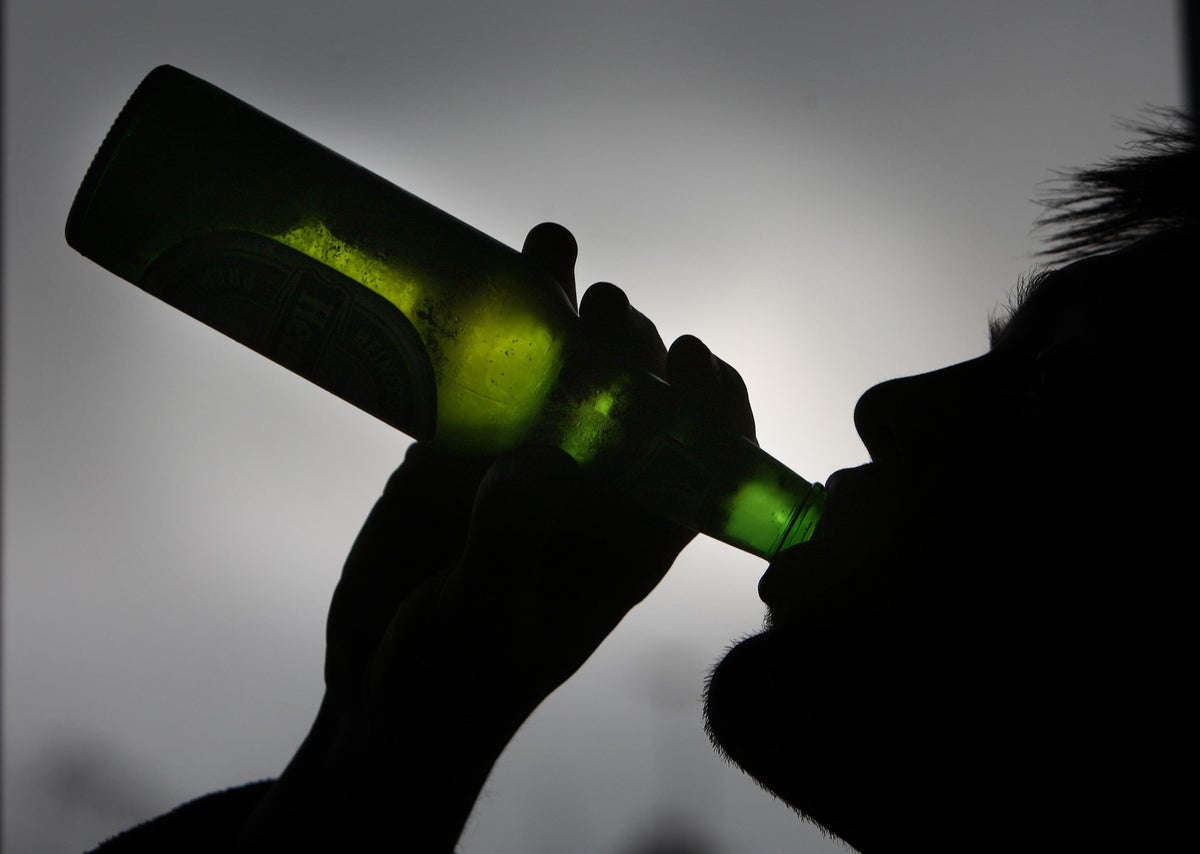
Introducing minimum pricing for alcohol can protect heavy drinkers and reduce harm to people’s health, according to a new World Health Organisation (WHO) report.
Experts behind the study said evidence shows that taxing alcohol and controlling prices could prevent deaths and prevent long-term sickness linked to drink.
A minimum unit price (MUP) of 50p per unit was introduced in May 2018 in Scotland, while Wales brought in the same measure in March 2020.
In England, the Government has said there are no plans to introduce a minimum price, though it is keeping the issue under review.
Research from Newcastle University and published in the Lancet medical journal last year found that alcohol sales fell by almost 8% after the policy was introduced in Scotland.
Alcohol harm is concentrated in heavier drinkers, particularly those from lower socioeconomic groups— WHO report
In its new study, the WHO office for Europe said alcohol is responsible for almost one million deaths in the region each year.
Globally, the European region has the highest share of deaths caused by alcohol consumption – about 12% of male and 8% of female deaths, it said.
While European countries do have some form of alcohol tax in place, “these taxes are often implemented in a way that is unlikely to be beneficial to public health”, the study said.
For example, the vast majority of countries do not adjust their alcohol taxes for inflation, meaning that alcohol gets cheaper over time.
The new report said minimum unit prices affect the cost of cheap, high-strength alcohol because they are linked to the alcohol content of a drink.
The report argues that by reducing the price of cheap drinks, MUP encourages consumers and producers to favour lower-strength products.
Minimum pricing policies can effectively target these drinkers and consequently can reduce health inequalities— WHO report
This is especially important for heavier drinkers, with WHO arguing there is strong evidence that they will reduce their drinking when alcohol becomes more expensive.
The report said: “Alcohol harm is concentrated in heavier drinkers, particularly those from lower socioeconomic groups.
“Minimum pricing policies can effectively target these drinkers and consequently can reduce health inequalities…
“There are various sources of evidence on the impact of minimum pricing, including from systematic reviews, modelling studies and evaluations of real-life implementation scenarios.
“These demonstrate reductions in alcohol consumption and harms following the introduction of minimum pricing measures.”
Losses ... are likely to be offset by other economic gains, such as reduced healthcare costs— WHO report
The report acknowledges that minimum prices are likely to increase revenue for alcohol producers and retailers and, to a lesser extent, reduce government tax revenue.
“These losses, however, are likely to be offset by other economic gains, such as reduced health-care costs and greater economic productivity,” it said.
It argued that there is potential for minimum prices to be used in combination with taxation to reduce harm and increase government tax revenue.
Christopher Snowdon, head of lifestyle economics at the Institute of Economic Affairs, condemned the report, saying WHO was calling on governments to “put up prices during the worst cost-of-living crisis in generations”.
He added: “It does not mention that minimum pricing has been a shambles in Scotland where alcohol-related deaths are at a nine-year high and drinkers are £270 million worse off. This useless organisation makes Fifa look like a model of integrity.”







